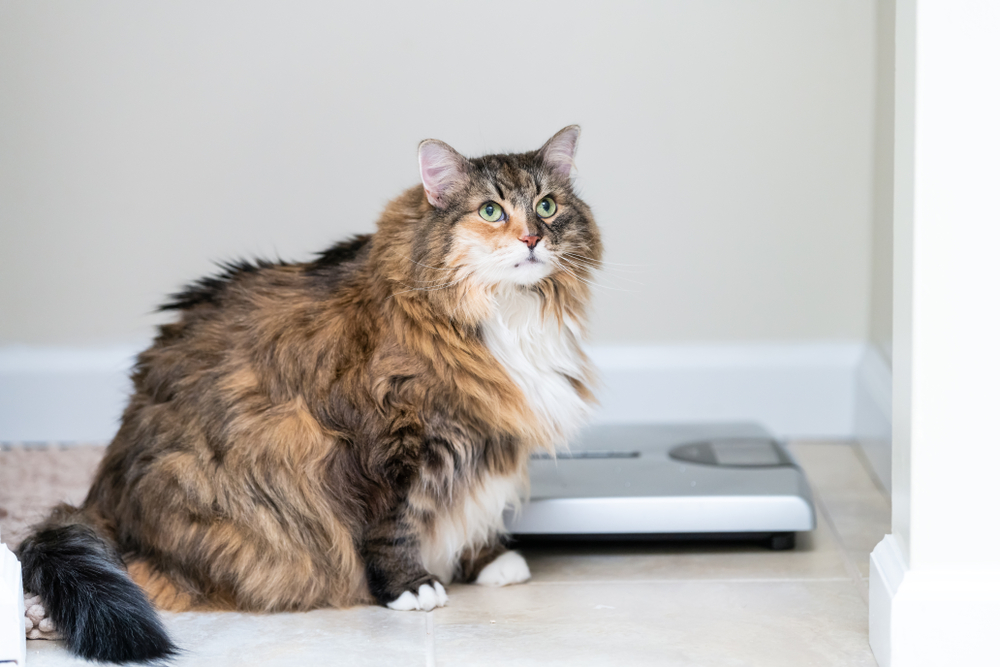Source: Pet Food Industry
The Association for Pet Obesity Prevention (APOP) emphasizes the importance of language when discussing pet obesity, as certain terms can reinforce stigma and discourage owners from seeking help. Studies show that pet owners of overweight animals often experience judgment, being perceived as irresponsible or neglectful.
APOP suggests using “pet-first language,” which frames obesity as a modifiable health condition rather than a defining characteristic. For example, saying “a dog with clinical obesity” instead of “an obese dog” helps shift the focus from blame to treatment. To guide professionals, APOP has released Guidelines for Pet Obesity Communication, advocating for the term “clinical obesity” to highlight its medical significance. Research in cognitive linguistics supports this shift, showing that precise, health-focused terminology leads to more constructive, action-driven discussions. By changing how pet obesity is discussed, APOP hopes to encourage respectful conversations and improve pet health outcomes.

